SANTIAGO, Jan 4, (V7N) – Chilean President Gabriel Boric has become the first Latin American leader to visit the South Pole, a journey aimed at reaffirming Chile's sovereignty claims and advancing scientific endeavors in Antarctica.
“This is a milestone for us,” Boric stated during the visit, which was broadcast by Chilean television. “It is the first time a Chilean president has come to the South Pole and talked about Chile’s Antarctic mission.”
Accompanied by his defense and environment ministers, as well as three military commanders, Boric arrived at the US-operated Amundsen-Scott South Pole Station at 2000 GMT. The Chilean delegation spent about two hours at the station, one of the world’s most remote and inhospitable locations.
The president began his journey from Punta Arenas in southern Chile aboard a Hercules C-130 military transport plane. He also visited Chile's research base on Union Glacier in Antarctica, underscoring the nation's scientific commitment to the region.
Sovereignty and Scientific Goals
Boric’s visit serves as a reaffirmation of Chile’s sovereignty claims over part of Antarctica, where the country has maintained a presence since the mid-20th century. “This trip is a confirmation of our claim to sovereignty,” Boric said, signaling Chile’s intent to deepen its scientific and geopolitical role in the Antarctic region.
Chile has historically concentrated its research efforts in the northern parts of Antarctica. Boric’s government aims to expand activities to include the Bellingshausen and Weddell Seas, furthering the nation’s influence in the region.
Antarctic Treaty and Territorial Claims
Antarctica is governed by the 1961 Antarctic Treaty, which preserves the continent for peaceful scientific research and shields it from geopolitical rivalries. Seven countries, including Chile, maintain territorial claims, though these are not recognized by the United States and many other nations.
Global Context
Boric’s visit follows similar journeys by world leaders, including New Zealand’s Helen Clark in 2007 and Norway’s Jens Stoltenberg in 2011, the latter commemorating the 100th anniversary of Roald Amundsen’s historic South Pole expedition.
Boric’s trip underscores Chile’s ambition to strengthen its role in Antarctic research and exploration while bolstering its territorial claims in one of the planet’s most critical and contested regions.
END/WD/RH/



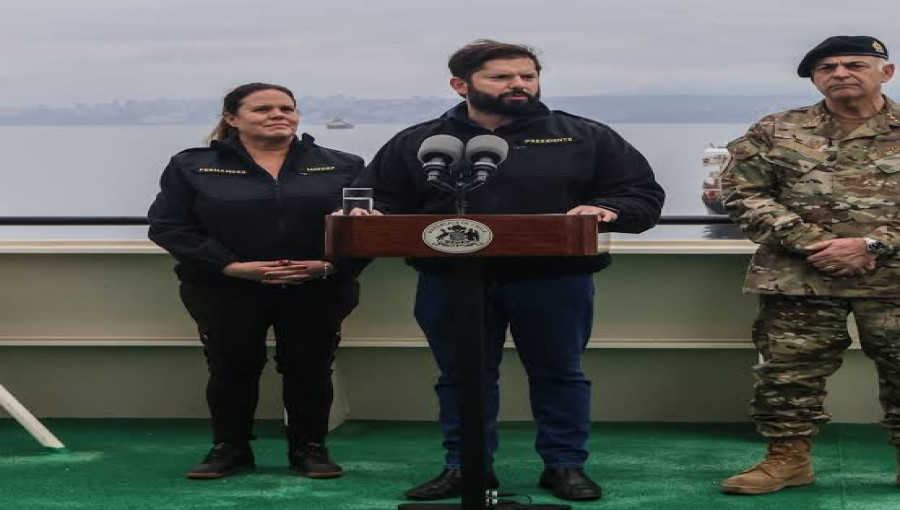
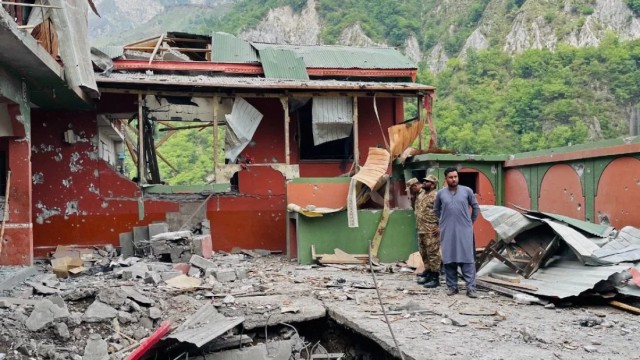
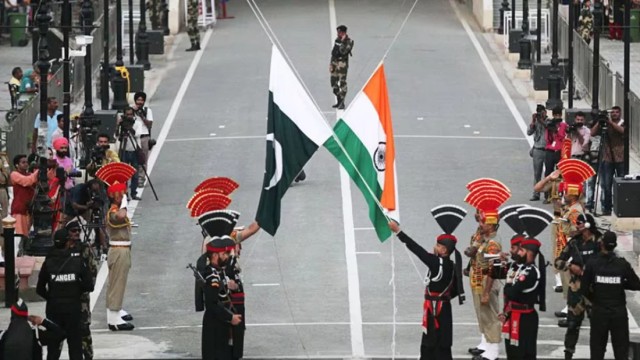
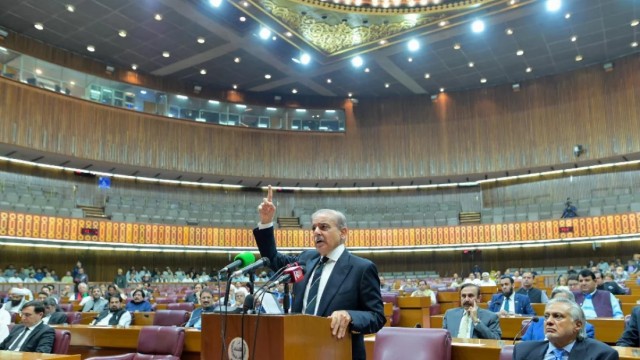
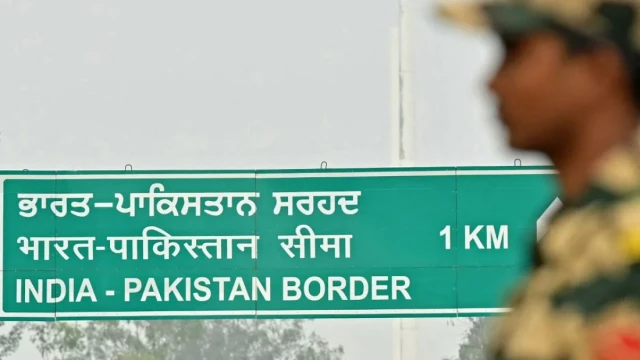
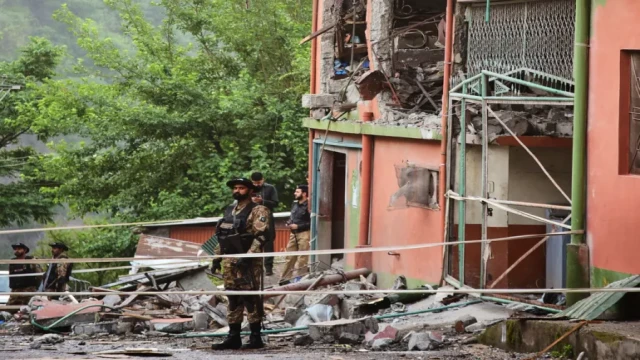
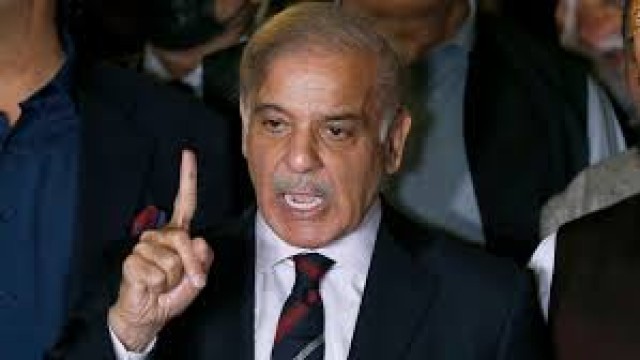
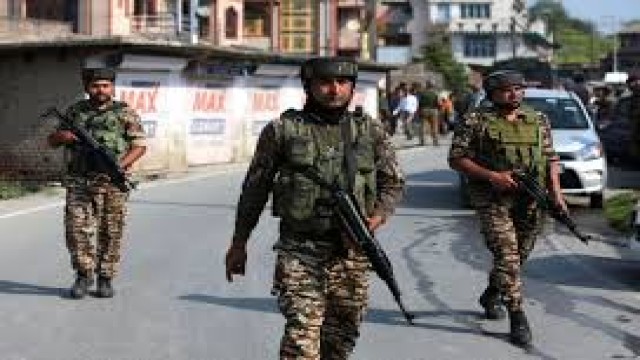

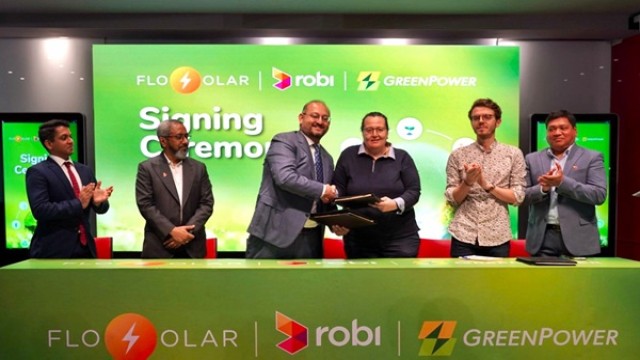



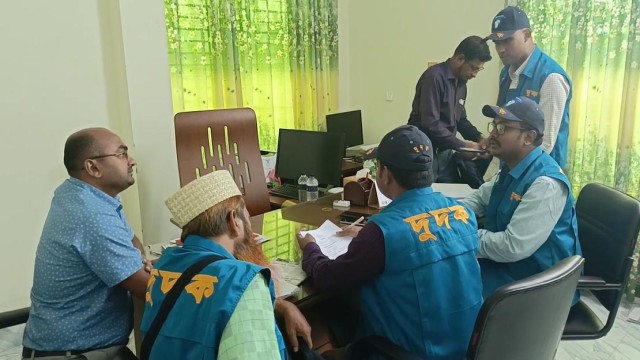


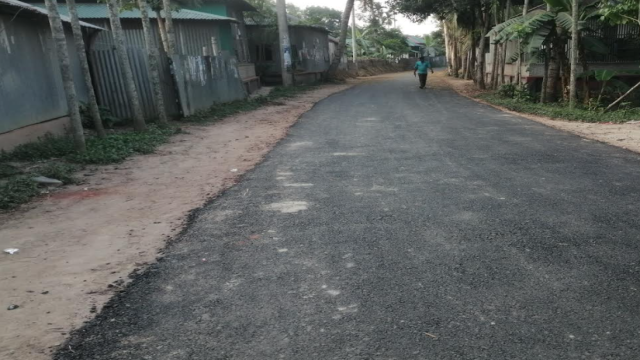


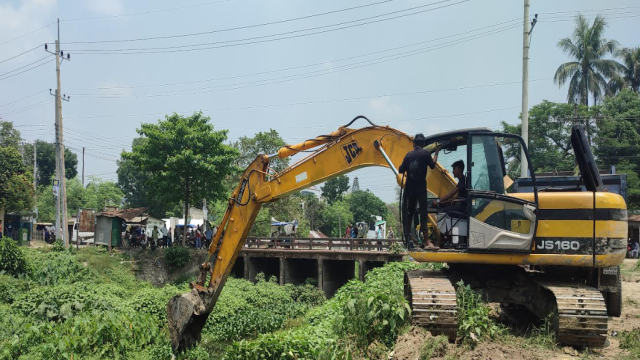
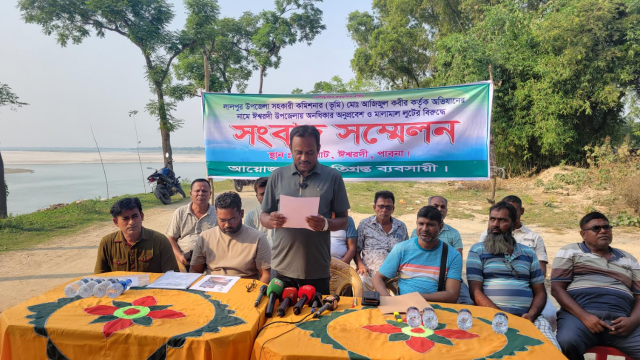







Comment: